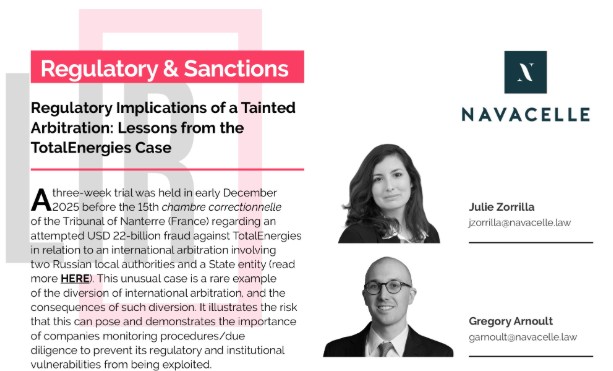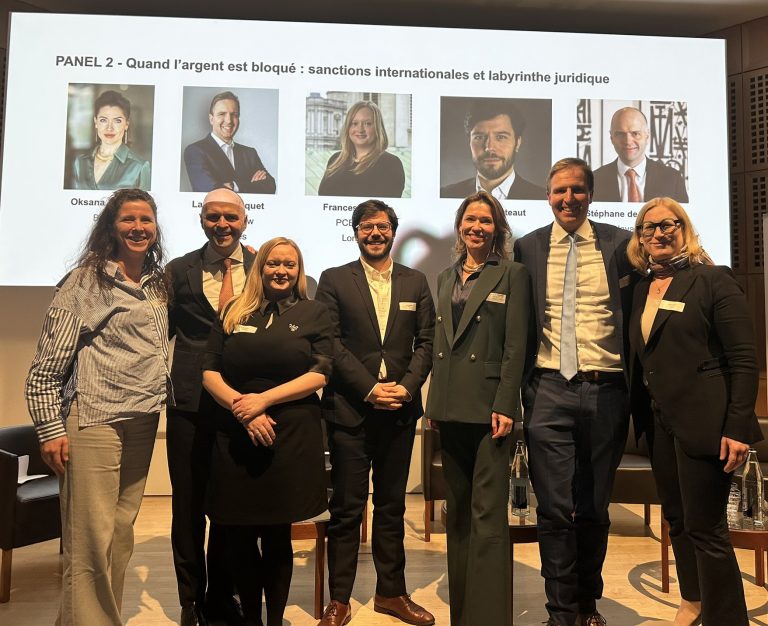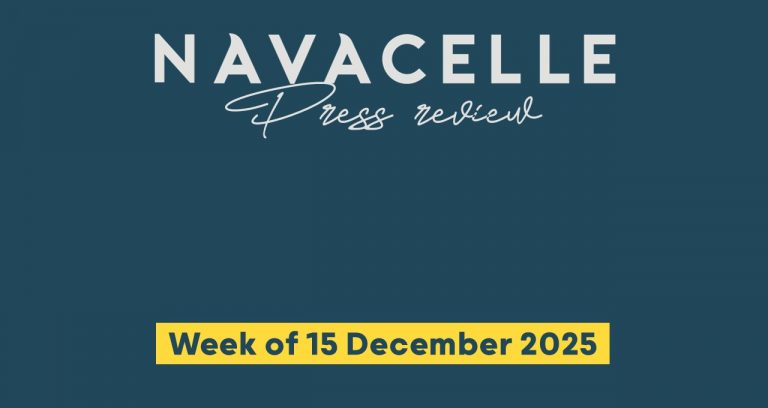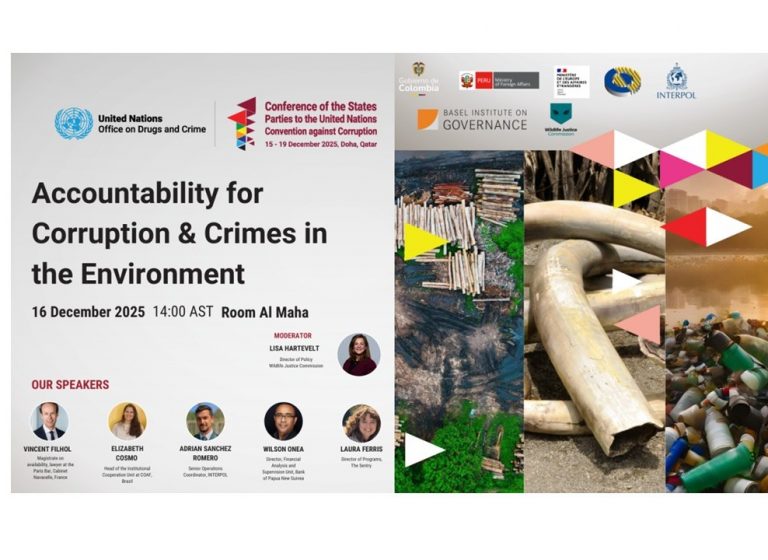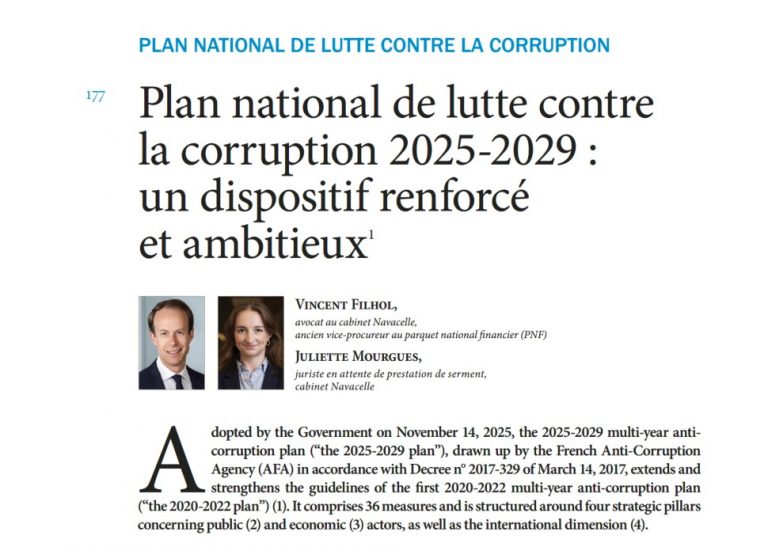#White collar crime:
Mbappé’s Checks to Police Officers: The Donation “Was Legal” Says One of Their Lawyers
The Paris public prosecutor’s office has opened an investigation regarding undeclared work and money laundering of tax fraud. This investigation follows a july 2024 Tracfin report concerning payments made by Kylian Mbappé totaling €180000 to five police officers assigned to the security of the French national football team. he investigation reportedly focuses in particular on a trip made by the player to Cameroon during which he was allegedly accompanied by a police officer. The IGPN (General Inspectorate of the National Police) has initiated an administrative inquiry and referred the matter to the Prosecutor’s Office. Mbappé’s lawyer maintains that the payments were legal and did not require any declaration. > Read the article
Rachida Dati sent back to trial for corruption: magistrates respond to criticism from the Minister of Culture
Rachida Dati, Minister of Culture and former Minister of Justice, has been referred to the court for corruption, concealment of abuse of power, and passive influence peddling in a case linked to her alleged lobbying activities for Renault and Carlos Ghosn in the European Parliament. In response to this decision, she strongly criticized the judicial process, accusing certain magistrates of serious violations of the rights of the defense. Her statements have provoked strong indignation within the judiciary, notably from the president of the Paris judicial court, who denounced the discredit cast on judicial authority. The President of the Magistrates’ unions pointing to an attack on the independence pf the judiciary, reminded that legal remedies exist to contest any potential violations of defense rights. > Read the article
“Dubai Papers”: the financial prosecutor’s office is considering legal action against 25 individuals
After six years of investigation into the ‘Dubai Papers’ scandal, revealed in 2018, the National Financial Prosecutor’s Office (PNF) is now considering legal action against twenty-two individuals and three companies suspected of setting up a massive tax fraud system for over twenty years. According to the BNRDF, 200 million euros in assets may have been concealed from the French tax authorities by three hundred twenty-two taxpayers through sophisticated financial and legal engineering. The damage to the public treasury is estimated at approximately €28 million. The scheme is believed to involve, the company Hélin International Fze and Belgian Prince Henri de Croÿ. > Read the article
#Internal investigations
Salary‑transfer fraud: how to react and what to do?
The CNIL publishes data breach scenarios based on real-life situations to help professionals identify risks and strengthen prevention measures, particularly in cases involving salary transfer fraud. The case highlighted in the article draws on an actual incident encountered by a data controller. First and foremost, the CNIL reminds organizations that every personal‑data breach must be documented and reported within seventy‑two hours of discovery. It recommends conducting an internal investigation and also stresses the importance of informing affected employee by clearly outlining the circumstances of the incident, the exact nature of the data involved, the remediation steps already taken, the potential impact on their rights, and an internal contact point for further information. To prevent similar events, the CNIL recommends that changes to employees’ personal data be made through a secure HR portal , and mandates that any request to change bank details be made either in person or from an internal email address with verification by video conference. Finally, the CNIL encourages systematic staff awareness training regarding procedures. > Read the article



